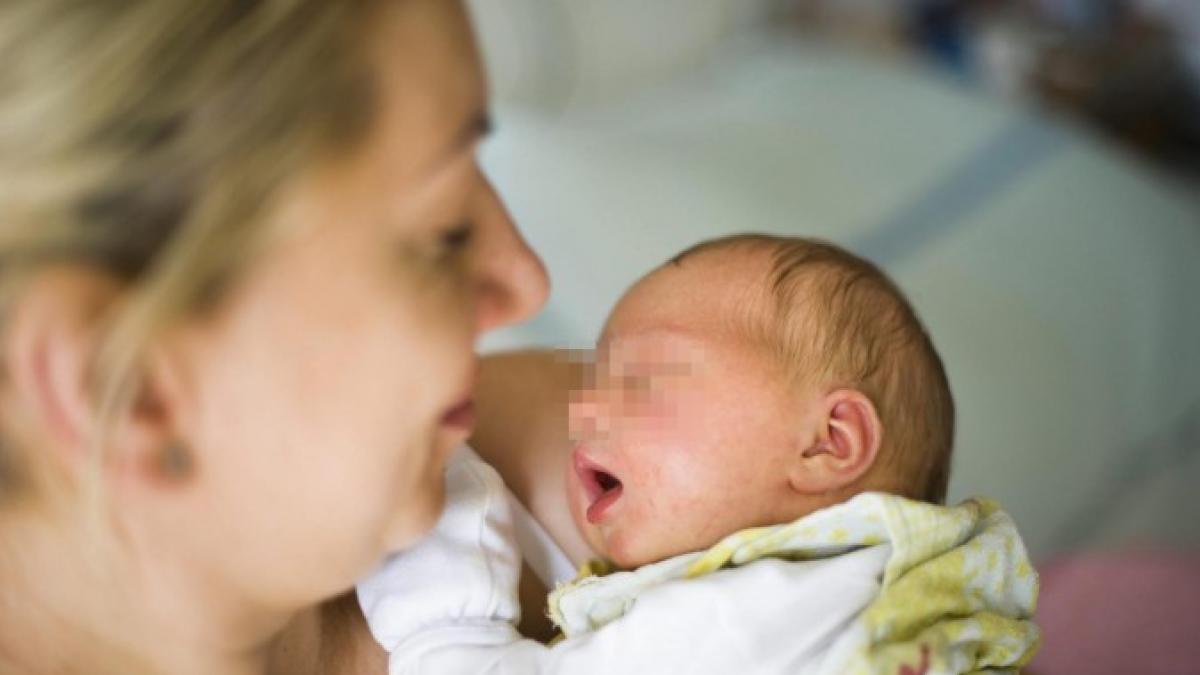Pregnant women can be vaccinated against syncytial virus

Pregnant women can now protect their babies under 6 months of age from bronchiolitis and other respiratory diseases by getting vaccinated between 24 and 36 weeks of pregnancy. the first serum for adults that has just been approved by the Ministry of Health against respiratory syncytial virus (RSV).
Pfizer’s bivalent anti-prefusion protein F (RSVpreF) vaccine is also indicated for people over 60 years of age. but for now the NHS will only fund it for pregnant women, explained yesterday At the presentation of the drug, the company’s medical director, Jose Chavez.
Pending guidelines yet to be established by the Public Health Commission, which must now decide whether to include it in the lifelong vaccination schedule, Abrysvo, the commercial name of the vaccine, consists of a single dose that is injected into the shoulder muscle. and is now available in pharmacies at a price of 234.95 euros including VAT.
Since October, newborns have been immunized with nirsevimab, a monoclonal antibody rather than a vaccine, dramatically reducing hospitalization rates for RSV, which It is the second leading cause of death in children under 12 months of age in the world.
It is estimated that in Spain, infections caused by this virus cause between 7,000 and 14,000 hospitalizations annually, that is, 2% of cases, without forgetting that syncytial can lead to consequences in the future. achieving asthma-like symptoms in the first 5 years of life.
This vaccine, the first to arrive in Spain for adults and the only one indicated for pregnant women (the second vaccine developed by GSK is intended only for older people), This becomes a new tool by which they will receive passive protection through the mother’s placenta.
According to Maria Garcés, pediatrician at the Nazareth Medical Center (Valencia) and member of the Vaccine Advisory Committee of the Spanish Association of Vaccinologists (CAV-AEP), There should be no “interaction” between both drugs, which “may even complement each other.”
“Until a few years ago, vaccinating a pregnant woman was a taboo topic, but thanks to scientific evidence, advancements and industry, we have realized the importance of vaccinating first. so that they protect themselves from various diseases, and then the fetus.”said Inmaculada Cuesta, nurse, midwife and secretary of the National Association of Nurses and Vaccines (Anenvac).
When a woman is vaccinated, she produces antibodies, which she passes to the fetus through the placenta. “This is an altruistic act that a woman performs for the benefit of her child,” to whom it provides “vital protection” against RSV in the first six months of life.
Since the child’s protection from RSV depends on the transfer of antibodies, Abrysvo should be prescribed between 24 and 36 weeks of pregnancy; What is important, the expert wanted to make clear, is that women of fertile age achieve pregnancy by following a full vaccination schedule. especially if these are women with any risk factor.
But RSV is not exclusive to children, explained, on the other hand, Angel Gil, professor of preventive medicine and public health at the University of Madrid. Rey Juan Carlos, but it also affects adults over 65, especially those who have it underdiagnosed despite the fact that the in-hospital mortality rate from this virus is higher -8%- than from influenza.
